Balancing Act: The Truth About Acidity in Herbal Teas
Herbal teas have long been celebrated for their diverse flavors and potential health benefits and One question that comes up frequently is: are herbal teas acidic? Today we’ll delve into this topic and explore the acidic nature of herbal teas.
We are a participant in the Amazon Services LLC Associates Program, an affiliate advertising program designed to provide a means for us to earn fees by linking to Amazon.com and related sites. This post may contain affiliate links which means we may receive a commission, at no cost to you, for purchases made using our links. Please see my disclosure to learn more. Unless otherwise stated, all prices are in US$.
Introduction to Herbal Teas
Herbal teas are beverages made from the infusion of herbs, spices, flowers, or other plant materials in hot water. Unlike true teas (such as green, black, white, and oolong tea) which come from the Camellia sinensis plant, herbal teas are caffeine-free and offer a wide range of flavors and health benefits.
Understanding Acidity in Teas
Acidity in tea refers to the pH level of the brewed beverage. The pH scale ranges from 0 to 14, with 7 being neutral. Teas with a pH below 7 are considered acidic, while those with a pH above 7 are alkaline or basic. The acidity of a tea can affect its taste, health properties, and how it interacts with the body’s digestive system.
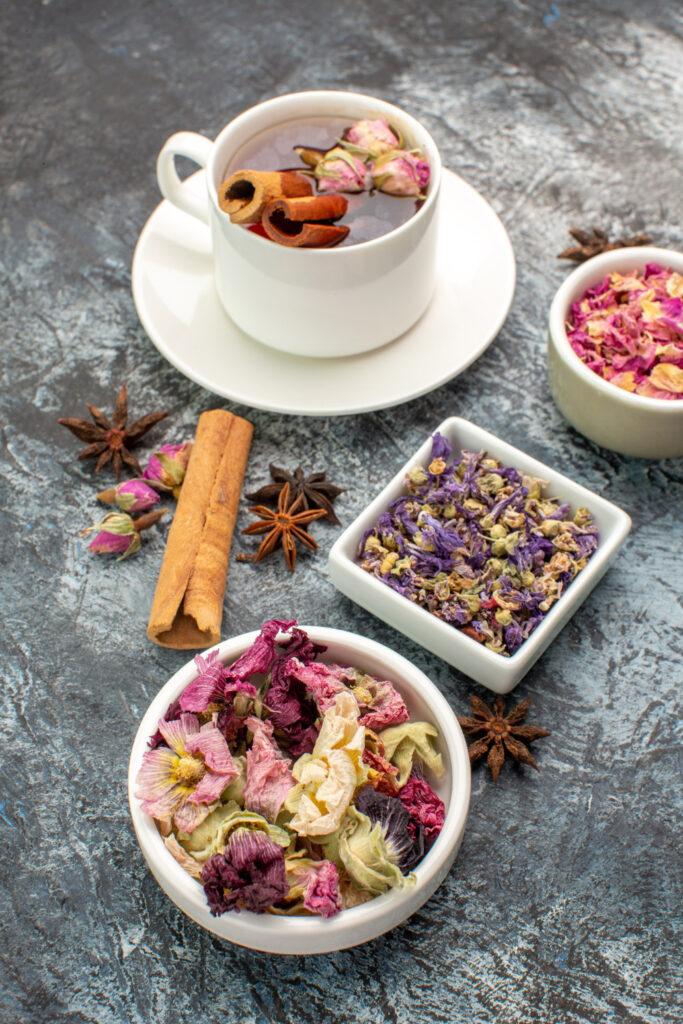
pH Levels in Herbal Teas
The pH levels of herbal teas can vary depending on the ingredients used. Generally, most herbal teas are slightly acidic, with pH levels ranging from 4 to 6. However, some herbal teas are lower in acidity compared to others, making them a better choice for individuals with acid sensitivity or those looking to reduce their overall acidity intake.
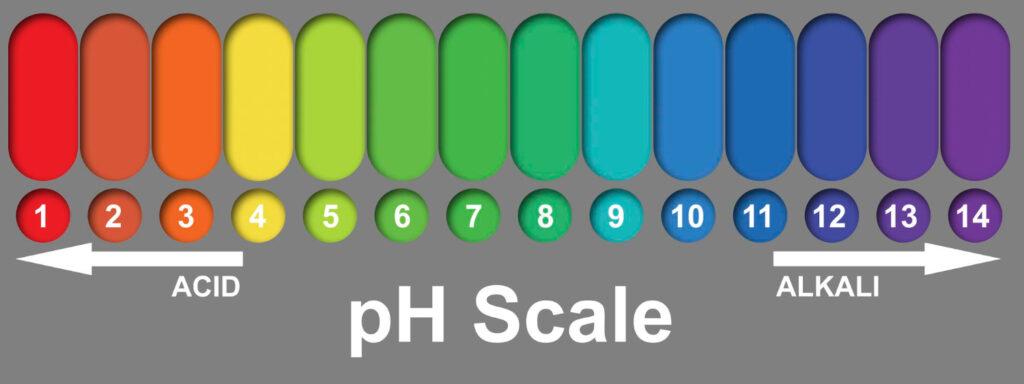
Benefits of Low-Acid Herbal Teas
Choosing low-acid herbal teas can offer several benefits. These teas are gentler on the stomach, making them suitable for individuals with acid reflux or sensitive stomachs. Additionally, low-acid herbal teas are less likely to cause enamel erosion on teeth, a common issue with highly acidic beverages.
H2: Common Herbal Teas and Their Acidity Levels
- Chamomile Tea: Chamomile tea is known for its calming properties and is relatively low in acidity, making it a soothing choice for those with digestive issues.
- Peppermint Tea: Peppermint tea has a refreshing flavor and is also low in acidity, making it a popular choice for aiding digestion and relieving nausea.
- Rooibos Tea: Rooibos tea, native to South Africa, is naturally caffeine-free and low in acidity, making it a great alternative to traditional teas.
- Ginger Tea: Ginger tea is renowned for its spicy kick and is low in acidity, making it a warming and soothing choice for digestion.
- Hibiscus Tea: Hibiscus tea has a vibrant red color and is slightly more acidic, but it offers a range of health benefits, including antioxidant properties.
Factors Affecting the Acidity of Herbal Teas
Several factors can influence the acidity levels in herbal teas, including the type of herbs used, the brewing method, and the water pH. Generally, longer steeping times and higher temperatures can lead to increased acidity levels in brewed teas.
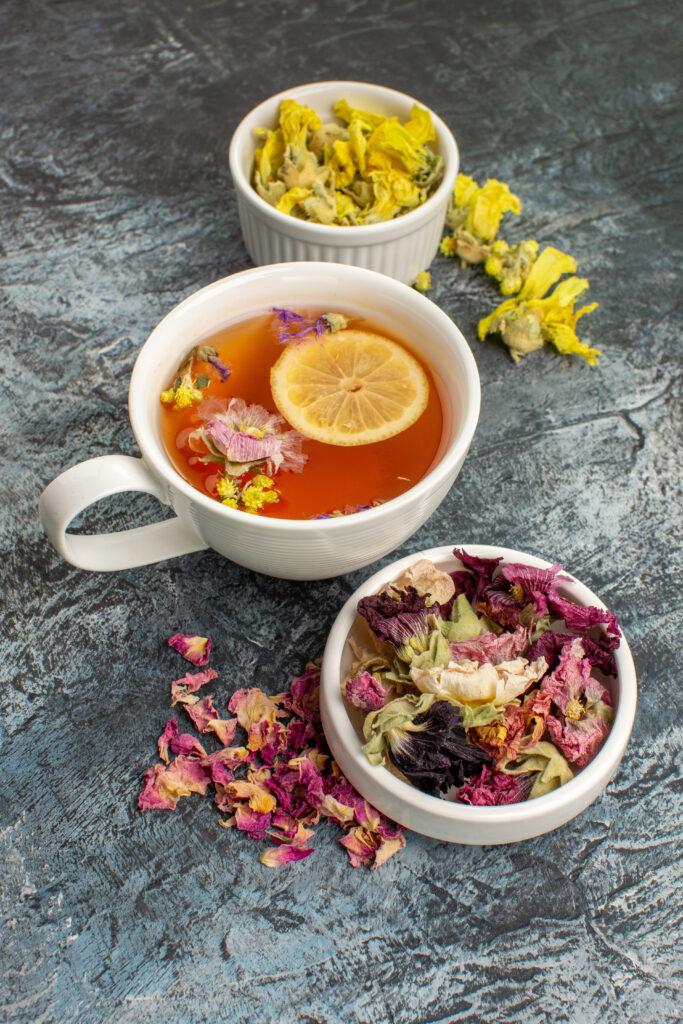
Tips for Choosing Low-Acid Herbal Teas
When selecting herbal teas, choose blends that are specifically labeled as low-acid or gentle on the stomach. Look for teas that contain ingredients known for their soothing properties, such as chamomile, marshmallow root, or licorice root.
Brewing Techniques to Reduce Acidity
To reduce the acidity of herbal teas, consider brewing them at lower temperatures and for shorter periods. Adding a splash of milk or a teaspoon of honey can also help neutralize acidity and enhance the flavor of your brew.
Managing Acidity Sensitivities
If you’re sensitive to acidity, it’s essential to listen to your body and choose teas that agree with your digestive system. Start by introducing low-acid herbal teas gradually and monitor how your body responds.
A Few Final Thoughts
Herbal teas can vary in acidity levels, with some being more acidic than others. Opting for low-acid herbal teas can offer several health benefits, especially for individuals with acid sensitivity or digestive issues. By understanding the acidity of herbal teas and choosing blends that suit your preferences, you can enjoy a soothing and flavorful beverage that supports your overall well-being.
Some Questions You Might Have
- Are all herbal teas acidic?
While most herbal teas are slightly acidic, some are lower in acidity compared to others. It’s essential to check the acidity levels of specific herbal teas if you’re sensitive to acidity.
- Can herbal teas help with acid reflux?
Certain herbal teas, such as chamomile and ginger tea, are known for their soothing properties and may help alleviate symptoms of acid reflux. However, individual responses to herbal teas may vary.
- Are there any side effects of drinking high-acid herbal teas?
Drinking highly acidic herbal teas in excess may potentially contribute to enamel erosion on teeth and exacerbate acid-related digestive issues in some individuals.
- How can I tell if herbal tea is low in acidity?
Look for herbal teas that are specifically labeled as low-acid or gentle on the stomach. These teas are typically formulated to be less acidic and more suitable for sensitive individuals.
- Can brewing techniques affect the acidity of herbal teas?
Yes, brewing herbal teas at lower temperatures and for shorter periods can help reduce their acidity levels. Adding milk or honey can also help neutralize acidity.

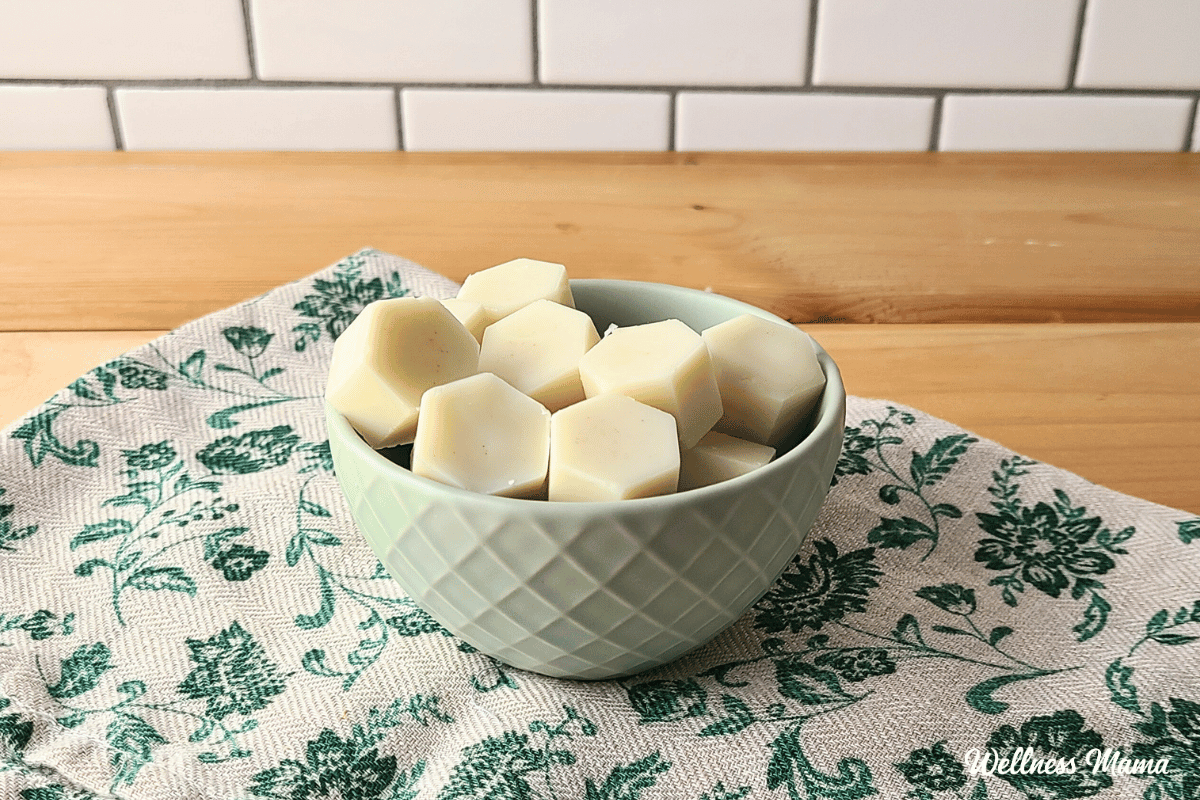
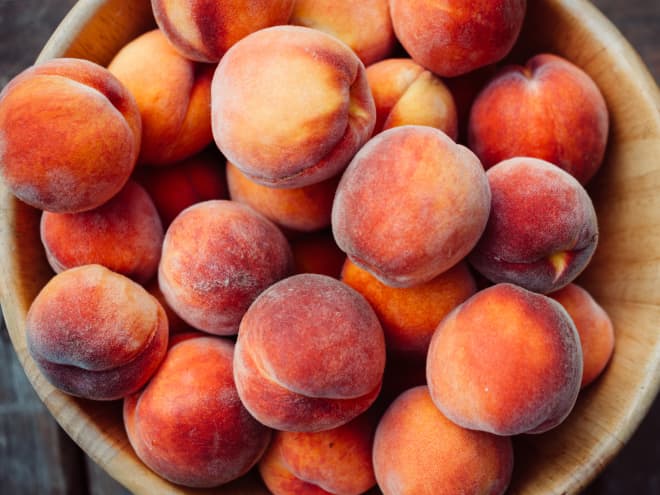
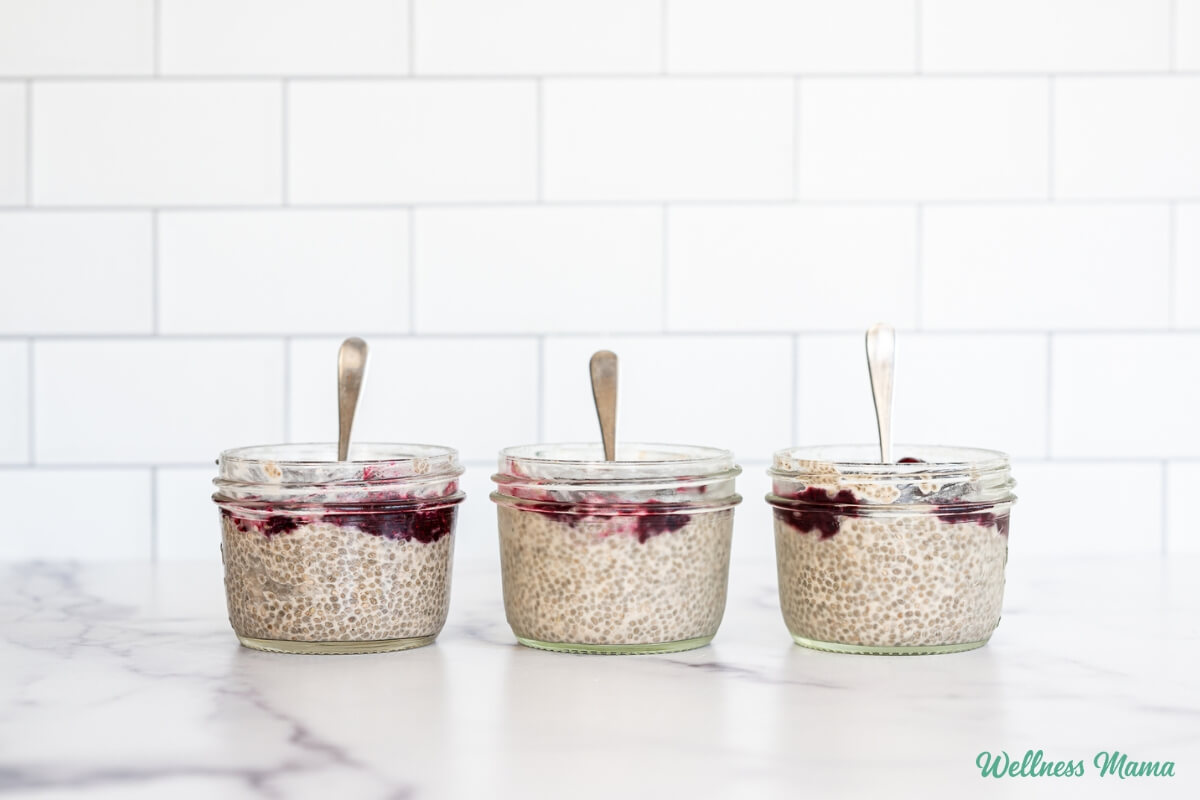
Post Comment